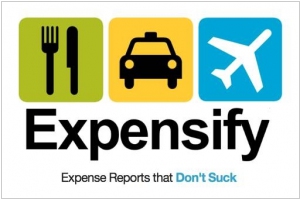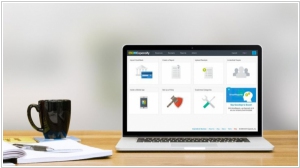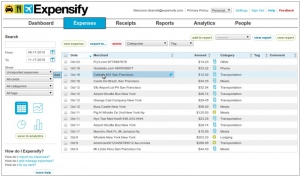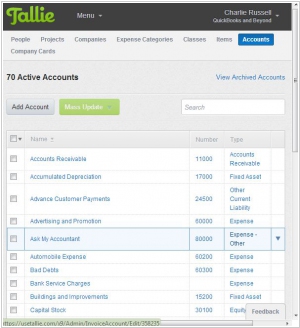Expensify vs Tallie
May 28, 2023 | Author: Michael Stromann
Expensify and Tallie are both popular expense management software solutions that aim to simplify and streamline the process of tracking and managing expenses for businesses. While they share similar goals, there are some key differences between the two.
Expensify is known for its user-friendly interface and robust features. It offers features such as receipt scanning and OCR technology to automatically extract expense details, integrations with popular accounting software, and the ability to submit and approve expense reports digitally. Expensify also has advanced features like corporate card reconciliation and travel management, making it suitable for businesses of all sizes.
Tallie, on the other hand, focuses on providing a seamless expense tracking experience. It offers features like receipt capture via mobile app, intelligent categorization of expenses, and multi-level approval workflows. Tallie also emphasizes integration with accounting systems and provides robust reporting capabilities.
See also: Top 10 Expense Management software
Expensify is known for its user-friendly interface and robust features. It offers features such as receipt scanning and OCR technology to automatically extract expense details, integrations with popular accounting software, and the ability to submit and approve expense reports digitally. Expensify also has advanced features like corporate card reconciliation and travel management, making it suitable for businesses of all sizes.
Tallie, on the other hand, focuses on providing a seamless expense tracking experience. It offers features like receipt capture via mobile app, intelligent categorization of expenses, and multi-level approval workflows. Tallie also emphasizes integration with accounting systems and provides robust reporting capabilities.
See also: Top 10 Expense Management software
Expensify vs Tallie in our news:
2020. Expense management vendors unite to form Emburse

A consortium of six leading travel and expense management software vendors, namely Abacus, Captio, Certify, Chrome River, Nexonia, and Tallie, has consolidated into a single entity known as Emburse, with the intention of challenging SAP Concur's dominance. With a global workforce of 750 employees, Emburse aims to serve a user base exceeding 4.5 million business travelers across 14,000 customers spanning 120 countries. This consolidation process has been unfolding over the past few years, with Certify and Chrome River joining forces in the previous year. Prior to that, in 2017, Certify, Nexonia, ExpenseWatch, and Tallie merged under the Certify name, backed by a $125 million investment from K1 Investment Management, with the objective of competing against SAP Concur. In July of the same year, the combined Certify and Chrome River entities acquired Emburse, a startup specializing in virtual and physical cards for business expenses and vendor payments. On the other side of the spectrum, German business software giant SAP acquired Concur for a staggering $8.3 billion in 2015.
2015. Expensify added new travel site integrations

Expense management service Expensify is taking a further step in simplifying expense reports by announcing integrations with various travel-related services. Instead of forwarding travel receipts to receipts@expensify.com, users now have the option to book their trips through the partner service of their preference. The booking information will automatically be transmitted to Expensify for reporting purposes. This feature not only saves users the hassle of manually compiling expense reports for business trips but also addresses the issue of "leakage," where an increasing number of individuals are booking their travel outside of standard corporate systems. Expensify's initial travel partners include NuTravel, Egencia, Locomote, NexTravel, Uber, Priceline, Hipmunk, and Rocket Trip. The company also plans to incorporate GetThere, Amadeus, Atlas Travel, and Airbnb in the future.
2014. Expense management service Expensify targets Concur customers

Facebook has recently introduced a new advertising platform known as Atlas, which focuses on targeting users across various websites using their Facebook information. Facebook acquired Atlas from Microsoft last year. This platform aims to compete with Google's AdWords by allowing advertisers to display ads that track users on both web and mobile platforms. Advertisers have the flexibility to purchase ads on external websites and apps while also having the option to integrate the Facebook social network. Instead of relying on cookies, Facebook utilizes the user's Facebook login details. Although this approach may not be well-received by Facebook users, it presents an alternative for advertisers and serves as a competitor to Google AdWords.




